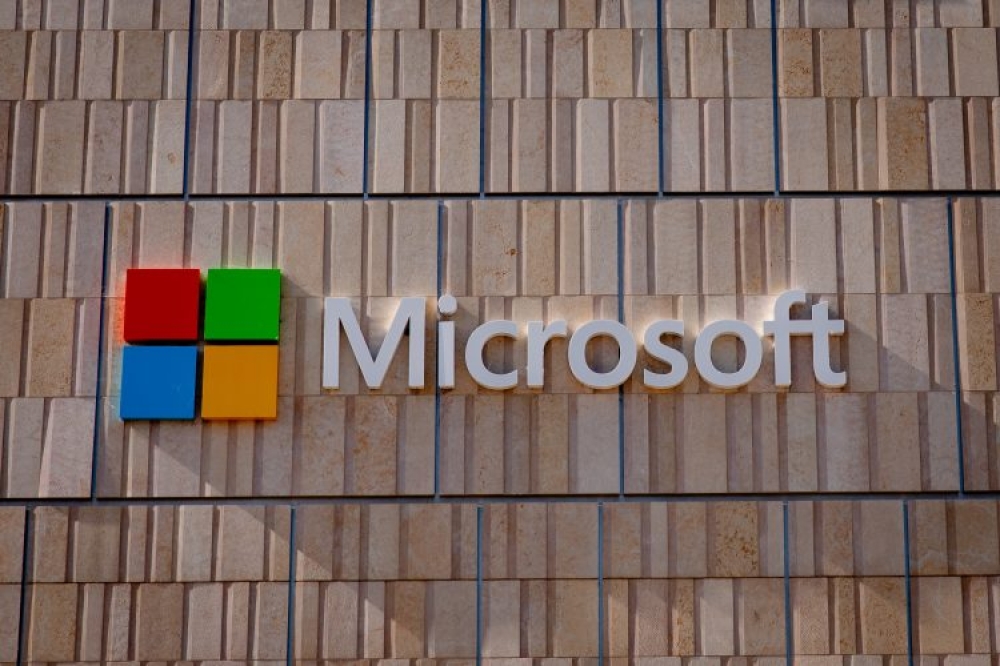Microsoft has officially announced the closure of its operations in Pakistan, ending a 25-year presence in the South Asian country. The move marks a shift in the company’s regional strategy as it transitions to a different operational model.
In a statement to TechCrunch, the Redmond-based tech giant confirmed it will now serve customers in Pakistan through authorized resellers and “closely located Microsoft offices” instead of maintaining a direct local presence.
“Our customer agreements and service will not be affected by this change,” a Microsoft spokesperson said.
“We follow this model successfully in a number of countries worldwide. Our customers remain our top priority and can expect the same high level of service going forward.”
The decision reportedly impacts five local employees. Unlike in India and other growing markets where Microsoft has significant engineering operations, the Pakistan team was primarily focused on sales of Azure and Office products.
According to Pakistan’s Ministry of Information Technology and Telecommunication, the decision is part of a broader “workforce optimization strategy” within Microsoft. Earlier this week, the company laid off 4% of its global workforce—around 9,000 employees.
Microsoft had been preparing for this shift for several years, gradually transferring licensing and commercial contract management for Pakistan to its European hub in Ireland. Certified local partners have been handling day-to-day service delivery during this transition.
The ministry noted that it will continue to engage with Microsoft’s regional and global leadership to ensure that the structural changes “strengthen, rather than weaken,” the company’s long-term commitment to Pakistani customers, developers, and partners.
Jawwad Rehman, Microsoft’s former executive and first lead in Pakistan, called the exit a sobering moment in a post on LinkedIn:
“This is more than just a corporate departure. It reflects the environment we have created—one where even global giants like Microsoft find it unsustainable to stay.”
The news comes at a surprising time—just days after the Pakistani government unveiled plans to provide IT certifications from companies like Microsoft and Google to 500,000 young professionals. In stark contrast, Google invested $10.5 million in Pakistan’s public education system last year and is reportedly considering launching Chromebook production in the country by 2026.
Analysts suggest Microsoft’s exit highlights underlying challenges in Pakistan’s tech ecosystem. While India and other regional markets have established themselves as global outsourcing hubs, Pakistan’s tech landscape is primarily shaped by domestic companies and Chinese players like Huawei, which dominate enterprise infrastructure.
The Ministry of IT has not responded to media requests for further comment.







